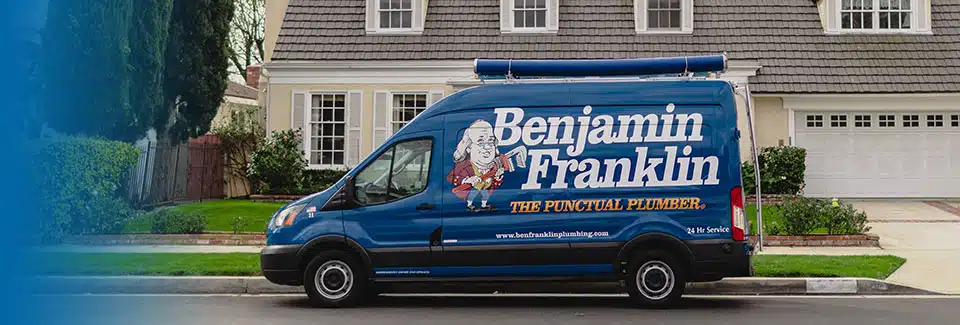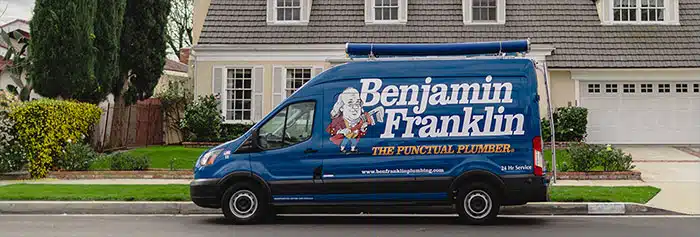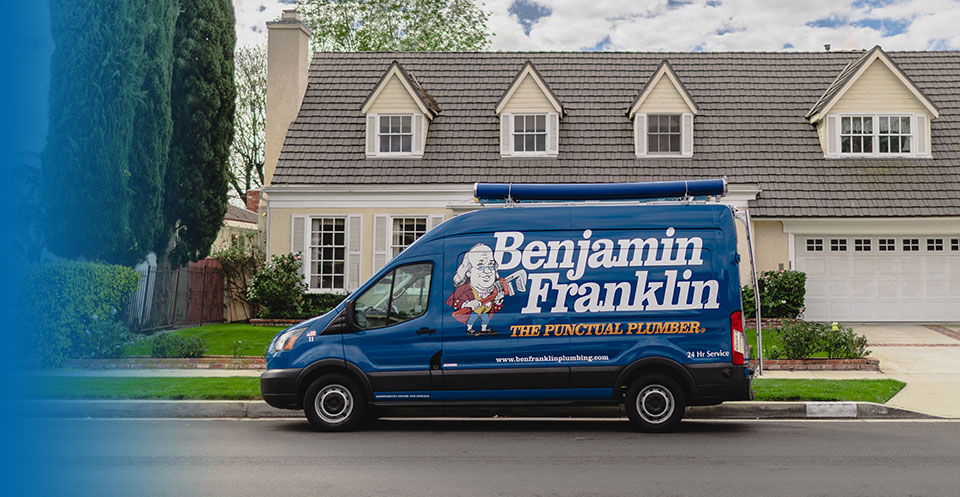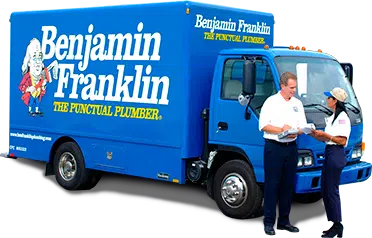Clogged toilets can be an annoyance. Most often, this problem is caused by items which shouldn’t be flushed away such as paper towels, feminine products and cleaning wipes.
Avoiding clogged drains by decreasing toilet paper use and not flushing solid objects can help avoid clogging in your toilet system. By following the tips provided in this article, it will also enable you to unclog your toilet without professional intervention.
Use a Plunger or Toilet Auger
Clogs of minor toilets can typically be resolved using a standard bell-shaped plunger; however, more stubborn obstructions require more advanced plumbing tools for solutions. Professional plumbers are available 24/7 if needed! In the meantime, try using an auger or drain snake to break through the blockage.
These tools resemble traditional drain snakes in that they have a handle with which a flexible metal cable is rotated to bore through any obstruction in a drain pipe or toilet bowl clogs. Most models feature rubber sleeves designed to protect porcelain surfaces of toilet bowls from being scratched while working. A toilet auger may take some time before working its magic; once its work has done the trick, however, you should be able to flush and get your toilet back to working efficiently again.
Before using a toilet auger, ensure there is enough water in the bowl to allow effective plunging. Also be mindful of your angle; improper positioning could cause the cable to double back on itself rather than drilling into your clog and thus potentially damaging the drain line.
An alternate solution to breaking down tough clogs is pouring boiling hot water down your toilet bowl. This technique is especially effective if the cause is paper towel or feminine pad debris in the trap; its melting can help dislodge it from there. Just be careful that any chemical drain cleaners don’t harm your plumbing, instead use natural solutions like baking soda and vinegar which have proven more reliable in clearing away blocked toilets without damage to plumbing.
- Do not flush anything other than toilet paper and human waste down the toilet. This includes things like diapers, feminine hygiene products, and cat litter.
- Pour a cup of baking soda down the toilet after each use. This will help to keep the pipes clean and prevent clogs.
- Have your septic tank pumped every three to five years. This will help to prevent clogs and keep your septic tank in good working order.
Pour Hot Water
One of the most infuriating experiences for homeowners can be dealing with a toilet that refuses to unclog. Sometimes this might be something simple like overusing toilet paper; other times it could be something more serious like an object stuck in the drain that requires additional muscle or some creative solutions to unclog.
Start off by pouring about one quart of hot water into your toilet bowl – this will warm up and unclog any obstructions, making it easier for you to flush.
This solution can be highly effective, even breaking up some clogs all by itself. However, if your clog stems from a larger issue it would be wiser to seek another method of resolution.
Before pouring water into your container, ensure you have shut off your home’s main water source valve. This is usually located under or behind the toilet and can be turned clockwise to halt its flow of water.
Next, remove the toilet tank lid and shut its flapper to prevent additional water from entering your bowl and potentially leading to an overflow.
Once the water has been added, get out your plunger and use it over the hole in the toilet bowl. Pump several times while moving down and up sharply; repeat until enough of a hole has been cleared for flushing. Be cautious not to push too hard, since pushing too hard may actually exacerbate the situation further; be patient as you take this first step towards solving your clog!
Pour Baking Soda and Vinegar
Sodium bicarbonate and vinegar are versatile household items that can serve numerous functions around the house. Both items are affordable, widely available, and safer to use than chemical drain cleaners – they may even help dissolve toilet blockages when other methods fail.
This method is a slow but effective way to unclog a toilet drain, and may take multiple attempts before the drain is fully unclogged. Begin by pouring one cup of baking soda into your toilet bowl followed by equal parts vinegar – these chemicals may react and fizz, so be careful not to overfill your bowl!
Pouring too much of either chemical into a toilet clogged by gunk can result in an explosive reaction and cause toilet water to escape onto the bathroom floor, potentially posing serious risks to health and the environment. To prevent this, carefully measure baking soda and vinegar before pouring them into your commode; perhaps start by pouring baking soda before moving onto vinegar to prevent an explosive reaction that could result in flooding of toilet water onto your floor.
Vinegar can be very effective at dissolving fats, oils and grease that accumulate in your toilet pipes. It may also dislodge toilet paper, sanitary products and hair that accumulates there; however, it won’t be able to unclog a hard clog caused by non-flushable items like toys, towels or phones.
If your toilet becomes clogged beyond what can be solved using any of the methods above, it is time to contact a professional plumber. More likely than not, your clog requires professional attention with tools like a sewer snake.
Use a Wet/Dry Vacuum
A wet/dry vacuum can be an invaluable tool in unclogging a toilet. While you may require special attachments tailored to clogs, in general the process should be fairly straightforward. First, empty out your toilet bowl; place the tube from your wet/dry vacuum down the drain; wrap some towels around its opening to create a seal; turn on the vacuum; it should pick up both debris in the pipe as well as any obstructions to water flow – and do wear rubber gloves while using this method!
Baking soda and vinegar is another natural chemical reaction, making it safer than harsh chemical drain cleaners and working well as an easy homemade clog remover. Simply combine one cup of baking soda and one cup of vinegar in one glug down your drain for about 30 minutes, letting it settle, before flushing your toilet to clear away its effects.
An enzyme drain cleaner may also be effective at breaking up clogs; you can find them at local hardware stores and follow the directions on its container to use this method. In general, pour the product down your drain before waiting overnight for its effects to take place.
If none of these methods seem to work, contacting a plumber for help could be necessary. It may be that the clog is too deep for these home remedies to clear, in which case you may need to remove your toilet and manually clean out its drain.
Use Dish Soap
Many people find themselves stranded when their toilet becomes completely blocked with no success using conventional methods to unclog it. Luckily, most toilet clogs are caused by water-soluble materials which can easily be broken down and flushed away through regular usage.
To test this theory, remove some water from the bowl and mix in several generous squirts of liquid dish soap – this should cause a chemical reaction that helps break up and flush away the clog.
If this trick doesn’t work, use a wire hanger from around your house to see if that helps clear away clogs. Just be sure to cover its ends with an old towel to prevent scratching your porcelain surfaces!
One option available to you is commercial drain cleaners; however, their use should be avoided as this can be hazardous to both you and your family. These cleaners utilize chemicals which are harmful and damaging to pipes. Furthermore, using one requires special precautions like wearing protective eyewear and rubber gloves when performing this process.
Clogs that clog your sewer line can cause an overwhelming back up that requires more thorough drain cleaning from a professional plumber. In such an instance, professional services should be retained for effective drain clearing.
Always educate children and household members on what can and cannot be flushed down the toilet to help avoid clogs caused by toys, paper and other objects that might accidentally end up down the drain. In addition, fold toilet paper rather than balling it up; this will also prevent potential clogs.






